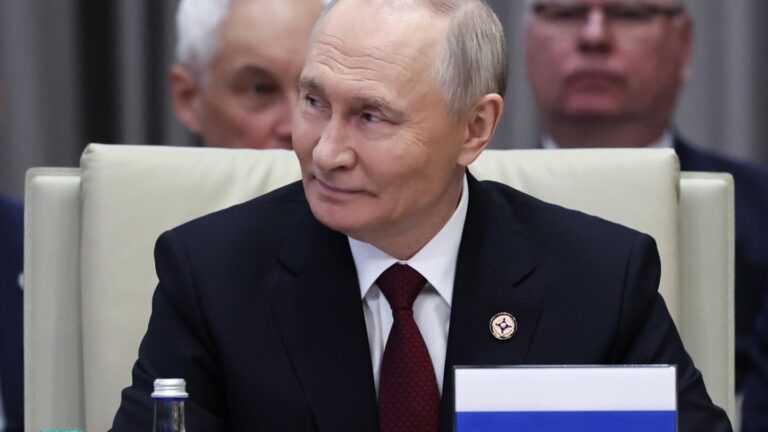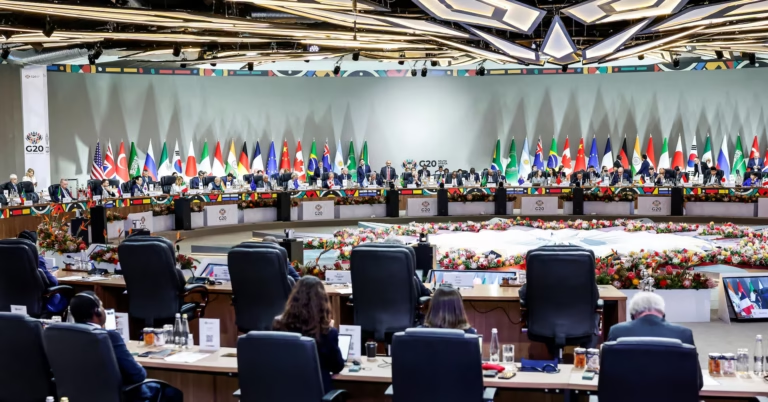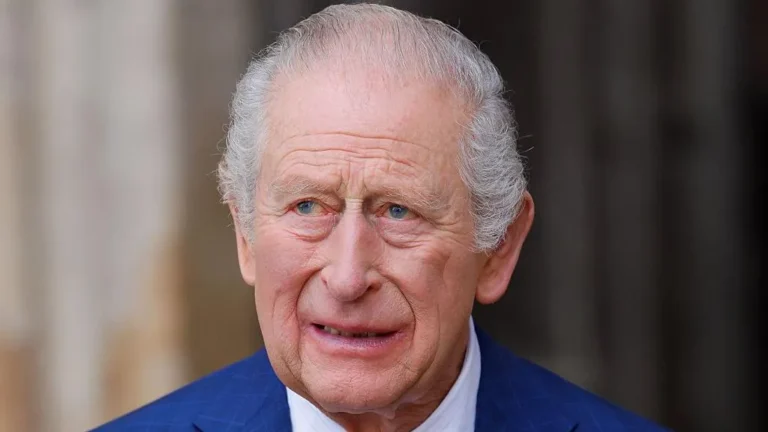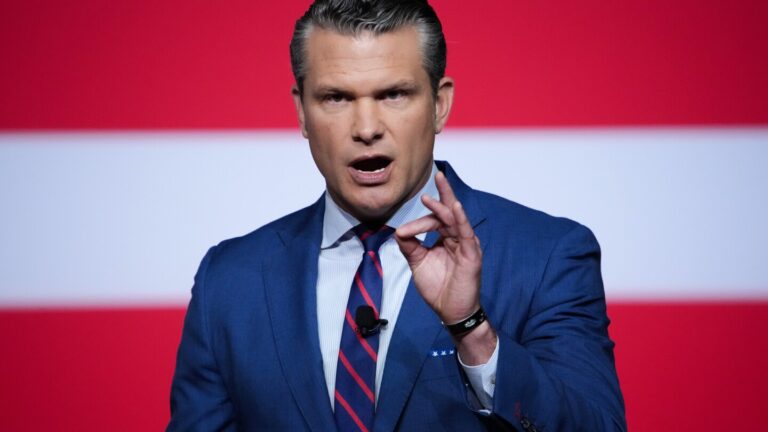
A major EU plan to fund Ukraine’s defence using frozen Russian assets has hit a roadblock after Belgium blocked the proposal, citing legal uncertainties and fears of economic retaliation from Moscow.
The initiative aimed to raise €140 billion for Kyiv through a loan backed by the interest generated from Russian central bank assets frozen across Europe. Most of these assets — around €183 billion — are held by the Brussels-based clearing house Euroclear, making Belgium central to the plan’s execution.
Belgian Prime Minister Bart De Wever told reporters that while the intention was understandable, the legal risks were “enormous.” “We will in any case be buried in litigation. That seems like a certainty,” he warned, demanding guarantees that EU partners would share the financial fallout if Russia retaliated.
ALSO READ: Trump Demolishes White House’s East Wing to Build $300 Million Ballroom
The EU summit in Brussels concluded without consensus, merely instructing the European Commission to present “options for financial support” — notably omitting any reference to the frozen assets. Despite broad backing from countries such as Finland, Ireland, and Latvia, Belgium’s opposition proved decisive.
European Commission President Ursula von der Leyen confirmed that the idea of a reparation-backed loan remained “on the table.” She said leaders agreed on the principle but needed to work on “the how.” European Council President António Costa also insisted that “Ukraine will have the financial resources it needs to defend itself.”
The plan would not seize Russian funds directly but instead leverage the interest accrued on them to guarantee debt issued to support Ukraine. The assets’ principal value would remain untouched unless Russia eventually agrees to pay reparations.
Belgium, however, has demanded a clearer legal foundation, joint guarantees from other EU states, and protection for Belgian companies that could face Russian countermeasures. The government fears asset seizures by Moscow targeting firms with operations in Russia.
Before the summit, Ukrainian President Volodymyr Zelenskyy had urged EU leaders to move quickly. “The time to act on Russian assets is now,” he said, warning that delays were weakening both Ukraine’s defences and Europe’s credibility.
Finland’s Prime Minister Petteri Orpo said that although the summit outcome was “not that strong,” ongoing legal work could produce a compromise acceptable to Belgium by December.
Hungary’s Viktor Orbán did not attend the Ukraine-related discussions, continuing his pattern of abstention on EU support measures for Kyiv.
ALSO READ: Mahnoor Omer Takes Pakistan to Court to End ‘Period Tax’ on Sanitary Pads
The Kremlin condemned the EU’s asset-loan plan as “theft” and threatened “painful consequences” for those involved. In parallel, the EU approved a 19th round of sanctions against Russia, targeting liquefied natural gas exports and several Chinese firms accused of helping Moscow sell crude oil — a move Beijing called a violation of trade cooperation.
Zelenskyy, meanwhile, dismissed talk of a 12-point peace initiative reportedly linked to the Trump administration, saying Russia “shows no intention of ending the war.” He reiterated that “only pressure will bring them to talks.”
Ukraine’s financing needs for 2026–2027 are projected at €130 billion, most of which the proposed EU loan could have covered. A final decision on the reparation-based fund is now expected at the December EU summit.






